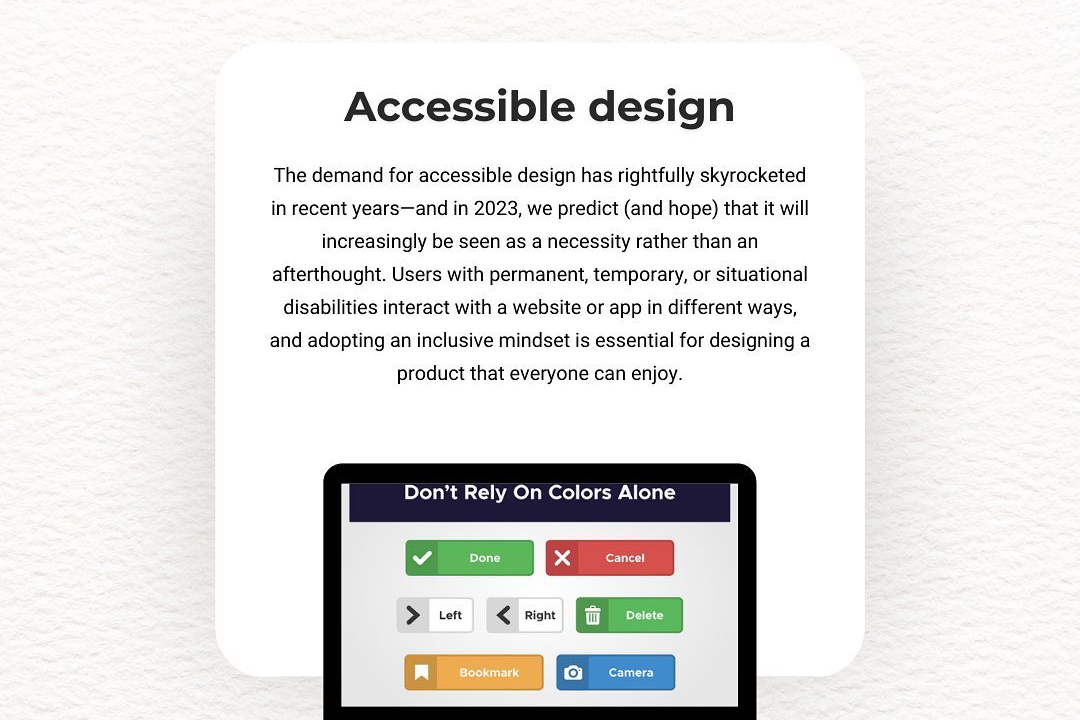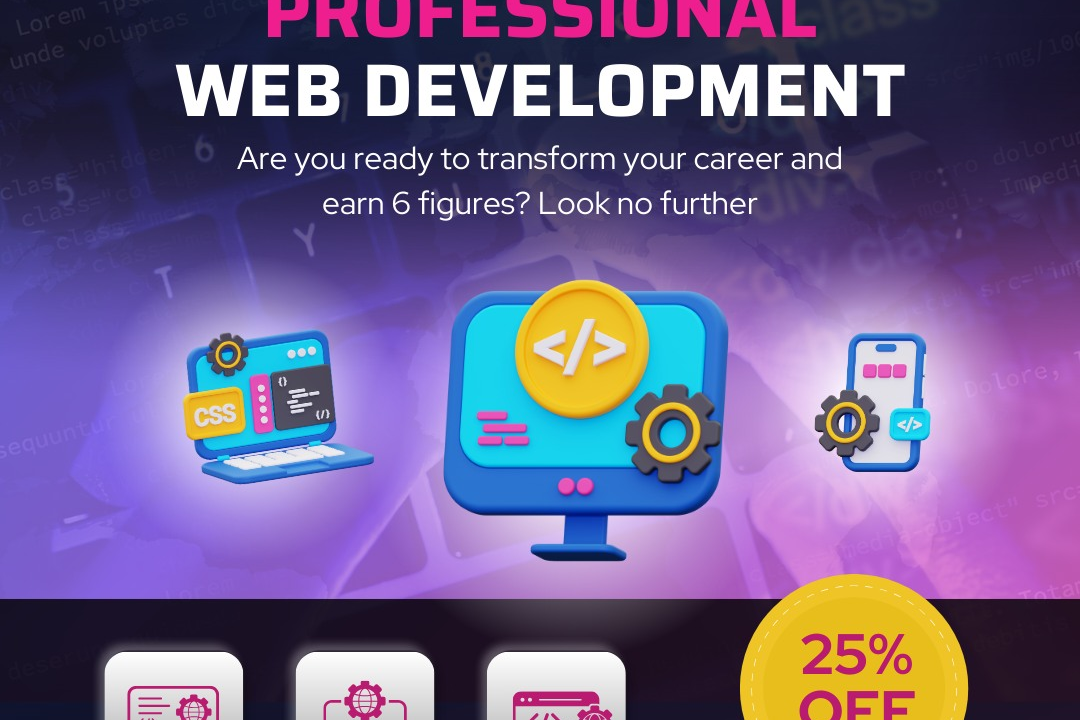200 Selenium Interview Question
The compilation of 200 Selenium interview questions is an extensive resource designed for aspiring s
200 Selenium Interview Question
The collection of 200 Selenium interview questions serves as a comprehensive study aid for candidates preparing for roles in automation testing. It encompasses a broad spectrum of topics ranging from basic concepts to advanced techniques, ensuring a well-rounded understanding of the Selenium framework. By engaging with these questions, candidates can familiarize themselves with commonly asked interview topics, sharpen their problem-solving skills, and gain insights into real-world applications of Selenium in automation projects. This preparation not only boosts confidence but also enhances the candidate's ability to demonstrate their expertise during interviews, making it an invaluable tool for aspiring testers.
To Download Our Brochure: https://www.justacademy.co/download-brochure-for-free
Message us for more information: +91 9987184296
The collection of 200 Selenium interview questions serves as a comprehensive study aid for candidates preparing for roles in automation testing. It encompasses a broad spectrum of topics ranging from basic concepts to advanced techniques, ensuring a well rounded understanding of the Selenium framework. By engaging with these questions, candidates can familiarize themselves with commonly asked interview topics, sharpen their problem solving skills, and gain insights into real world applications of Selenium in automation projects. This preparation not only boosts confidence but also enhances the candidate's ability to demonstrate their expertise during interviews, making it an invaluable tool for aspiring testers.
Course Overview
The “200 Selenium Interview Questions” course is designed to equip aspiring automation testers with an extensive collection of interview questions that cover fundamental to advanced concepts in Selenium. This comprehensive program emphasizes practical application and real-time scenarios, enabling participants to deepen their understanding of the Selenium framework and its components. Each question is curated to reflect common challenges faced in the field, thereby enhancing the learners' problem-solving skills and technical proficiency. By engaging with this course, candidates will build confidence and be well-prepared to tackle interviews for various automation testing roles, ultimately boosting their career prospects in the competitive tech industry.
Course Description
The “200 Selenium Interview Questions” course is expertly crafted for individuals preparing for automation testing interviews, focusing specifically on Selenium, one of the leading frameworks in the industry. This course provides an extensive compilation of 200 carefully selected interview questions that encompass a wide range of topics, from basic concepts to advanced techniques. Participants will not only familiarize themselves with common questions but also gain deeper insights into real-world applications and problem-solving strategies used in automation testing. With a focus on practical knowledge and real-time scenarios, this course aims to enhance learners' confidence, technical skills, and interview readiness, empowering them to successfully navigate the competitive job market in software testing.
Key Features
1 - Comprehensive Tool Coverage: Provides hands-on training with a range of industry-standard testing tools, including Selenium, JIRA, LoadRunner, and TestRail.
2) Practical Exercises: Features real-world exercises and case studies to apply tools in various testing scenarios.
3) Interactive Learning: Includes interactive sessions with industry experts for personalized feedback and guidance.
4) Detailed Tutorials: Offers extensive tutorials and documentation on tool functionalities and best practices.
5) Advanced Techniques: Covers both fundamental and advanced techniques for using testing tools effectively.
6) Data Visualization: Integrates tools for visualizing test metrics and results, enhancing data interpretation and decision-making.
7) Tool Integration: Teaches how to integrate testing tools into the software development lifecycle for streamlined workflows.
8) Project-Based Learning: Focuses on project-based learning to build practical skills and create a portfolio of completed tasks.
9) Career Support: Provides resources and support for applying learned skills to real-world job scenarios, including resume building and interview preparation.
10) Up-to-Date Content: Ensures that course materials reflect the latest industry standards and tool updates.
Benefits of taking our course
Functional Tools
1 - Selenium WebDriver
Selenium WebDriver is the core tool utilized in the course, providing a powerful interface for automating web applications across various browsers. With its ability to drive a browser natively as a real user would, students learn how to write tests that interact with web elements in a manner that simulates user behavior. This hands on experience covers everything from locating elements to executing complex user flows. By mastering WebDriver, students gain a foundational skill set pivotal for their careers in automation testing, making it essential for any tester aiming to excel in the field.
2) TestNG
TestNG is a testing framework inspired by JUnit that introduces advanced functionalities, providing a robust structure for test management. Students will explore how to create and manage test suites, handle dependencies between tests, and utilize data driven testing capabilities. The integration of TestNG with Selenium WebDriver allows for systematic organization, execution, and reporting of tests. By incorporating TestNG into their learning, students enhance their testing efficiency and effectiveness, essential skills for successful automation testers.
3) Apache Maven
Apache Maven is a build automation tool used primarily for Java projects, enabling students to manage dependencies efficiently. This course emphasizes the importance of Maven in configuring project environments, ensuring that necessary libraries, including Selenium jars, are easily accessible. By understanding Maven, students learn to automate the project setup process, streamline the testing workflow, and maintain consistent environments, vital for any automation project or team.
4) Cucumber
Cucumber is another essential tool introduced in the course, promoting behavior driven development (BDD). It enables students to write tests in plain language using Gherkin syntax, bridging the gap between technical and non technical team members. By employing Cucumber alongside Selenium, learners can create executable specifications that are human readable, enhancing collaboration and understanding of project requirements. This skill is significant for testers who want to align testing efforts with business objectives, making them invaluable in agile environments.
5) Jenkins
Jenkins is a popular open source automation server that plays a crucial role in continuous integration and continuous delivery (CI/CD) pipelines. Students will learn how to set up Jenkins to automate test execution and integrate it with their testing frameworks. This includes scheduling tests, reporting results, and notifying stakeholders of test outcomes. The ability to implement Jenkins in their automation strategy not only provides students with practical skills in automation pipelines but also positions them as valuable assets to any development team using CI/CD practices.
6) Postman
Postman is a collaborative platform for API development that also plays a significant role in the Selenium interview preparation course. Students explore how to test APIs alongside UI tests, ensuring comprehensive test coverage. By integrating API testing with Selenium, learners become adept at identifying issues across both the front end and back end of applications. This dual skill set is increasingly important in the industry, enabling students to offer more holistic testing solutions and improve their employability in diverse testing roles.
7) Version Control with Git
Version control is an essential skill in modern software development, and Git is the industry standard tool for managing changes to code. In this course, students learn to use Git for tracking their Selenium test scripts and collaborating effectively with team members. Understanding branching, merging, and pull requests allows learners to maintain a clean and organized codebase, ensuring that they can work efficiently in teams. This knowledge of version control systems is invaluable for any professional in the software testing domain, as it fosters better collaboration and project management.
8) Framework Design
Creating a robust test automation framework is a key focus in the course. Students learn different design patterns, including Page Object Model (POM) and Behavior Driven Development (BDD), to structure their code for maintainability and scalability. By setting up a well designed framework, learners streamline the test development process, making it easier to manage test scripts and adapt to changes in the application under test. This capability is crucial for individuals aiming to lead automation projects and drive best practices within their teams.
9) Cross Browser Testing
Ensuring compatibility across different browsers is a crucial aspect of automated testing. In this course, students explore techniques and tools for cross browser testing, leveraging Selenium’s capabilities. They learn how to write tests that can be executed on multiple browsers, uncovering potential issues related to browser compatibility. Mastering cross browser testing equips students with the knowledge to provide a seamless user experience, a key requirement for modern web applications.
10) Error Handling and Debugging
Effective test automation requires the ability to handle errors and debug issues that arise during test execution. This course offers insights into various error handling techniques in Selenium, enabling students to write resilient test scripts that can accommodate unexpected situations. Additionally, learners will explore debugging tools and methodologies to diagnose and resolve issues effectively. This training is essential for developing high quality automation scripts that deliver reliable results.
11 - Reporting and Analytics
Generating comprehensive reports is vital for stakeholders to understand test outcomes and areas needing improvement. Students will learn how to implement reporting tools and frameworks, such as ExtentReports or Allure, to provide clear insights into test results, including pass/fail rates and execution duration. The ability to present data effectively enhances communication with development teams and project managers, making students well equipped to convey the impact of testing endeavors.
12) Real Time Project Work
An integral part of the course is the application of learned skills through real time projects. Students are tasked with creating and executing automated test suites on actual applications, reinforcing their knowledge and gaining practical experience. This hands on approach not only solidifies technical skills but also shapes problem solving abilities and project management competence. Completing a real world project allows learners to showcase their expertise and significantly boosts their employment prospects upon course completion.
13) Agile Methodologies
Understanding Agile methodologies is crucial in today’s fast paced development environments. The course covers principles of Agile testing and how automation fits into iterative development processes. Students learn how to adapt their testing practices to align with Agile sprints, collaborate with cross functional teams, and deliver quality software incrementally. This knowledge prepares them to thrive in Agile teams, making them valuable contributors to organizations focused on rapid delivery and iterative improvement.
14) Mobile Testing with Selenium
As mobile applications become increasingly prevalent, testing on mobile platforms has become essential. This course introduces students to mobile testing using Selenium with tools like Appium. Learners will explore how to write automated tests for mobile applications, understanding device emulation and real device testing strategies. This expertise is highly sought after in the industry, enabling students to address a comprehensive range of testing scenarios in diverse application environments.
15) Security Testing Basics
While primarily focusing on functional testing, it’s essential for testers to understand the fundamentals of security testing. This course introduces students to the basic concepts of security vulnerabilities and how to identify them within web applications using Selenium. By cultivating an awareness of security concerns, learners can contribute to building more secure applications, rounding out their skill set as proficient testers.
Each of these points contributes to a comprehensive learning experience at JustAcademy, preparing students to excel in the field of automation testing and making them well rounded professionals ready for industry challenges.
Browse our course links : https://www.justacademy.co/all-courses
To Join our FREE DEMO Session:
This information is sourced from JustAcademy
Contact Info:
Roshan Chaturvedi
Message us on Whatsapp:
Email id: info@justacademy.co












